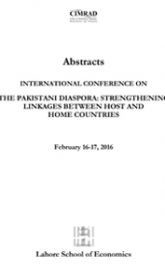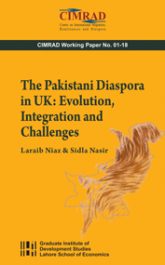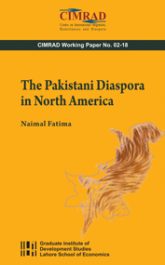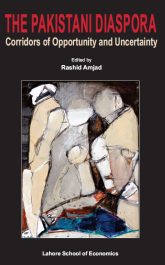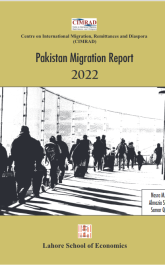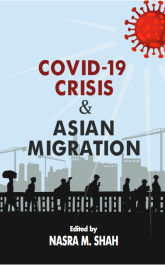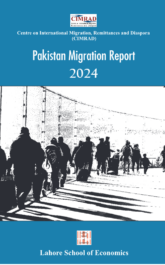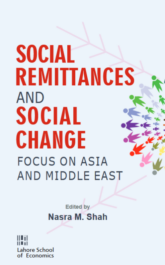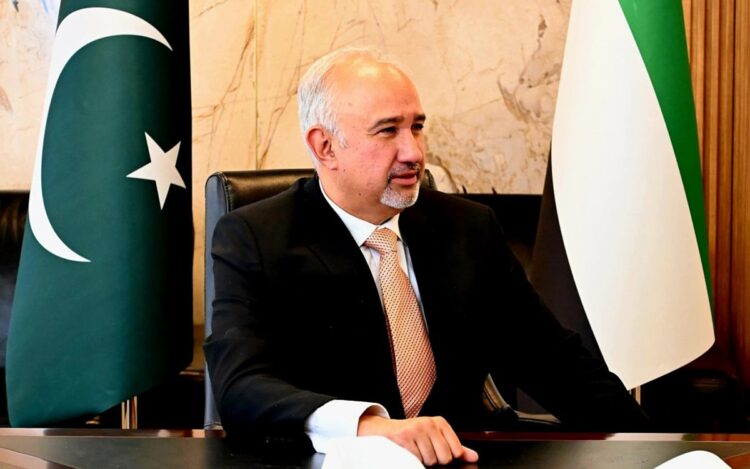Explainer: Why such a massive, sudden rise in remittances
By Aimen Siddiqui Published in The News on April 15, 2025 KARACHI: Pakistan’s record monthly worker remittances in March is a result of both the government’s efforts to control flow […]
Remittances hit $4.1bn for March: SBP governor
By Mahira Sarfraz Published in Dawn on April 14, 2025 State Bank Governor Jameel Ahmad on Monday said that remittances were at a record $4.1 billion during the month of[…]
Record number of people died on migration routes in 2024: UN
Published in Dawn on March 21, 2025 Last year was the deadliest year for migrants, with nearly 9,000 people dying worldwide, the United Nations said on Friday, calling the “tragedy…[…]
Remittances jump 40pc in February, total $3.12bn
Published in Dawn on March 11, 2025 KARACHI: Remittances from overseas Pakistani workers soared by nearly 40 per cent year-on-year in February 2025, reaching $3.12 billion, according to State Bank[…]
Support from remittances
Published in Dawn on February 13, 2025 EVEN though workers’ remittances dipped, albeit negligibly, in January on a month-over-month basis, the earnings that overseas Pakistanis send home continue to help[…]
16 Pakistanis confirmed dead in Libya boat tragedy: FO
Published in Dawn on February 11, 2025 The bodies of 16 Pakistanis have been recovered with as many as 63 Pakistanis suspected on board a vessel that capsized off the[…]
Dying for a dream: Pakistan’s migrant crisis from GT Road to Europe
By RUmar Riaz Published in Dawn on February 04, 2025 Last month, around 50 Pakistanis died on a migrant boat, while trying to cross the Atlantic Ocean illegally to reach[…]
Pakistan to widen talent pool for UAE job market: We need nurses, doctors, bankers, says top envoy
Ashfaq Ahmed, Senior Assistant Editor Published in gulfnews.com on February 04, 2025 Dubai: Days of Pakistani unskilled workers getting jobs in the UAE are almost over as the country is[…]
Moroccan, Pakistani authorities claim multiple arrests over boat tragedy
By Waseem Ashraf Butt Published in Dawn on January 25, 2025 • PM-led task force to combat human trafficking syndicates • High-level probe team briefs top functionaries on findings from[…]

